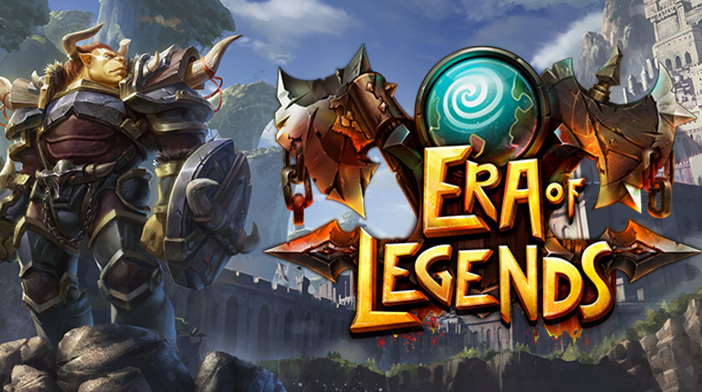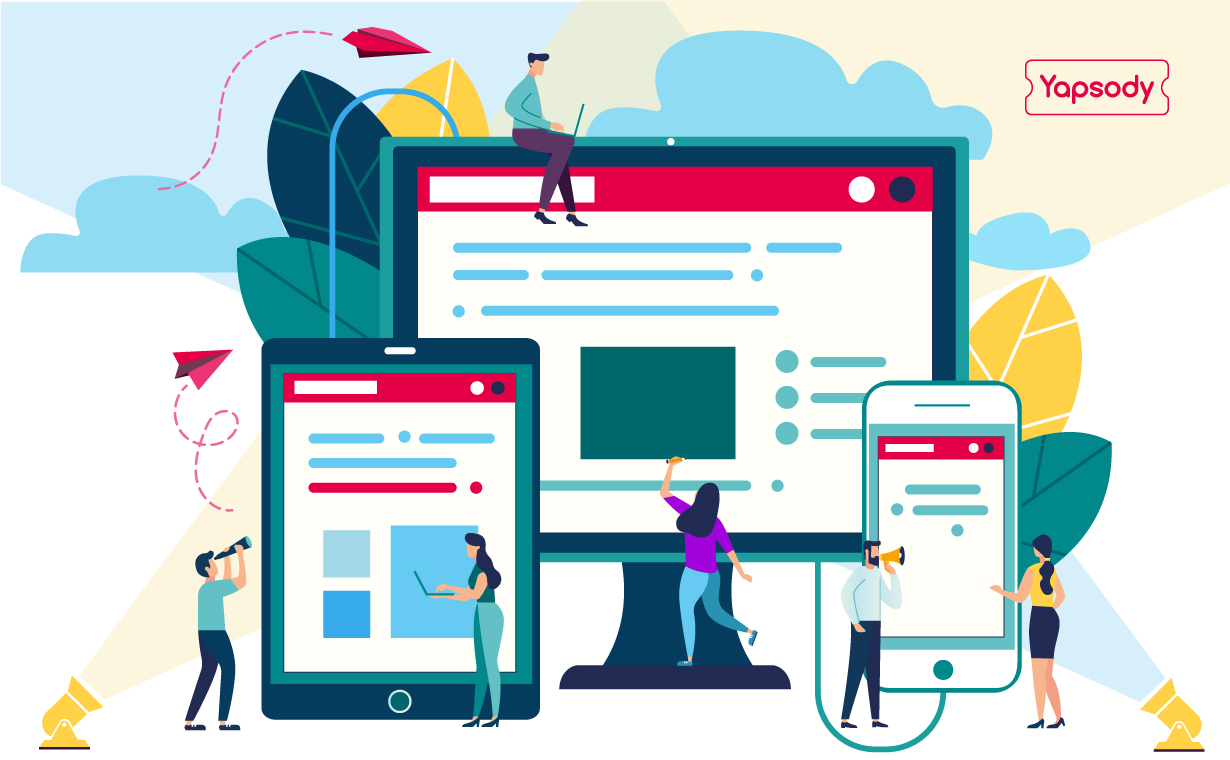Welcome to the era of information, where everything is literally at your fingertips. You can find unlimited information on any subject you can think of with only a few clicks. Our civilization has undergone numerous revolutions as a result of this phenomenon, which is referred to as the democratization of information.
This idea has altered the playing field for everyone, from dismantling educational boundaries and empowering people with newfound information to revolutionizing entire businesses and altering how we communicate. So fasten your seatbelts as we discover how this mighty force has changed the planet.
What is the Democratization of Information?
The democratization of information is a process that has been gaining momentum over the past few decades. Essentially, it refers to the idea that access to information and knowledge should not be limited by factors such as geography, status or power. This concept has existed for centuries in various forms, but with the advent of technology and particularly the internet, it has become more widespread than ever before. Today, almost anyone with an internet connection can access vast amounts of information on virtually any topic they desire.
By enabling people to make wise decisions about their lives, the democratization of information benefits both individuals and society as a whole. Greater accountability and fairness are possible as a result of the enhanced transparency it allows in governmental and commercial processes. For instance, you can opt to examine the economic calendar this week to stay current on a specific economic event or just analyze what is happening globally, making it much easier for you to appraise the situation and consider your investments more carefully. This would not be feasible without the democratization of information.
The Benefits and Challenges
The democratization of information has brought numerous benefits to society. First and foremost, more individuals are able to educate themselves on issues they care about without needing formal education. Moreover, it has also given a voice to underrepresented groups – previously marginalized communities are now able to share their stories and experiences through social media platforms, this allows for greater diversity in perspectives and helps bring attention to important societal issues.
Another benefit is the increased transparency in government actions due to freedom of information laws. Governments can no longer hide behind closed doors as citizens have greater access than ever before to how decisions are made by their elected officials. And the democratization of information promotes innovation as more people have access to scientific research which leads them towards developing new ideas or products based on those findings.
However, there are also challenges associated with this process. With so much information available online, it can be difficult to discern what is and isn’t real. In addition, there’s also the issue of privacy concerns as more personal data is shared online, increasing the risks associated with identity theft and cyber-attacks. Furthermore, social media platforms have become a breeding ground for hate speech and harassment toward individuals or groups with different viewpoints. And as algorithms continue to dictate what content users see on their feeds, there’s an increasing worry about echo chambers forming where people only consume information that confirms their existing beliefs rather than being exposed to diverse perspectives.
Despite these challenges, it’s clear that the democratization of information is here to stay. As we continue into an increasingly digital age where technology continues advancing rapidly every day – we must remain mindful of how we consume and share new ideas whilst avoiding misinformation.
In a world where information is power, the democratization of information has become one of the most significant developments in recent history. However, this abundance of information also presents challenges such as fake news, misinformation, and privacy concerns that must be addressed. Despite these challenges, with an understanding that knowledge is power when shared democratically, we can create a future for all people worldwide where everyone will have equal opportunities for success based on what they know rather than who they might know.
Is a freelance tech writer based in the East Continent, is quite fascinated by modern-day gadgets, smartphones, and all the hype and buzz about modern technology on the Internet. Besides this a part-time photographer and love to travel and explore. Follow me on. Twitter, Facebook Or Simply Contact Here. Or Email: [email protected]







![Mystic Messenger Walkthrough Day 4 [2022] Mystic Messenger Email Guide 2022](https://axeetech.com/wp-content/uploads/2022/01/Mystic-Messenger-Email-Guide-2022.jpg)
Leave a Reply